Have you ever walked into your living room, locked eyes with your cat lounging on the windowsill, and felt a wave of warmth—even though they never move a muscle to greet you? It’s both baffling and a little bit magical. Some cats don’t shower us with cuddles or headbutts. Instead, they adore us from afar, watching with those mysterious, ancient eyes. It can feel like you’re starring in a silent film together, a secret connection pulsing through the air. Are they shy, aloof, or is there more to this distance love affair? Let’s pull back the curtain on these quietly affectionate felines and discover why some cats choose to love us from across the room.
The Nature of Feline Affection

Cats have a reputation for being independent, but their ways of expressing affection are often subtle and misunderstood. Unlike dogs, who might jump all over you, cats use body language and quiet gestures to show love. A cat who sits across the room and watches you is likely showing trust and fondness in their unique way. They feel safe enough to be near you, but they prefer a respectful distance. This hands-off approach can be deeply meaningful in cat language. Just because your cat isn’t on your lap doesn’t mean they don’t love you. Sometimes, their gaze from across the room says everything.
Understanding Cat Personalities
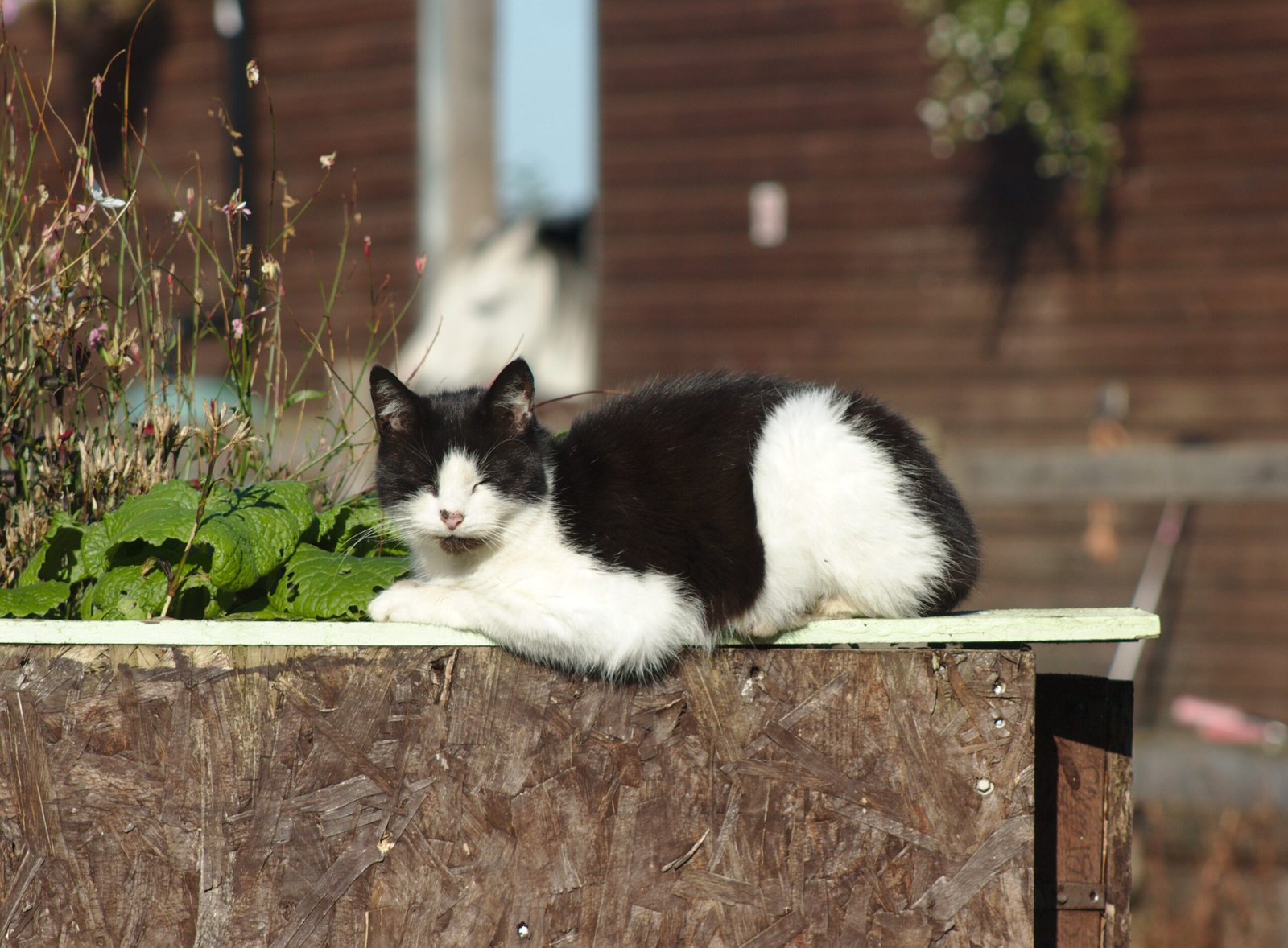
Just like people, cats come with their own personalities. Some are outgoing and demand attention, while others are naturally reserved. The more introverted cats may feel more comfortable loving you from a distance. Their cautiousness doesn’t mean they’re unfriendly—it’s just who they are. These cats often need time to warm up to people, spaces, and even new toys. Their affection is quieter, but just as real. When a shy cat sits in the same room as you, they are choosing your company in the way that feels safest to them.
Body Language: The Silent Conversation
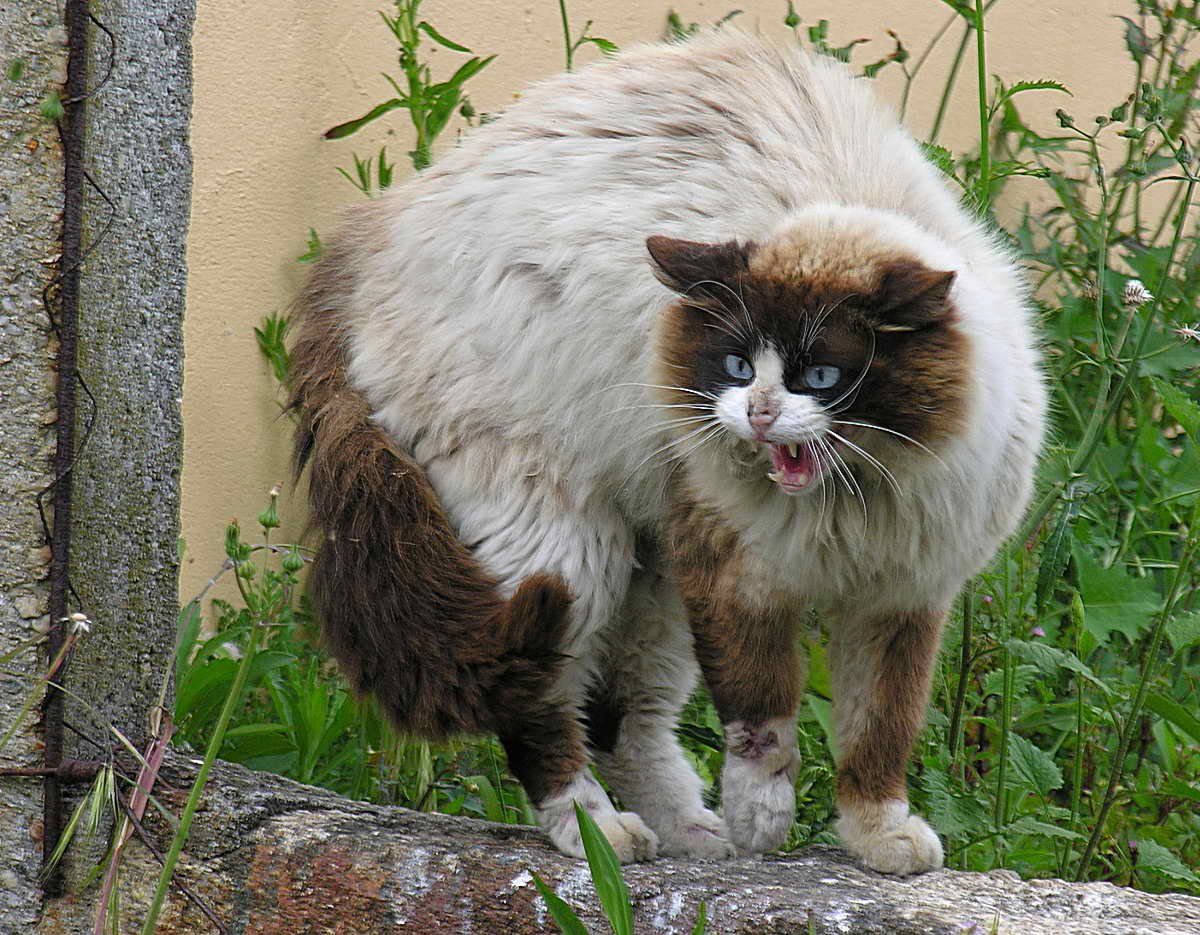
Cats are masters of body language. A gentle blink, a slow tail swish, or a relaxed posture from across the room are all ways cats say, “I like you.” Sometimes, a cat will position themselves so they can see you, but not be too close. This is their way of being included in your world while maintaining a comfortable boundary. Watch for little signs—a cat who stretches out in your line of sight, or whose ears are tilted in your direction, is paying attention and sharing affection in their signature style.
The Importance of Territory
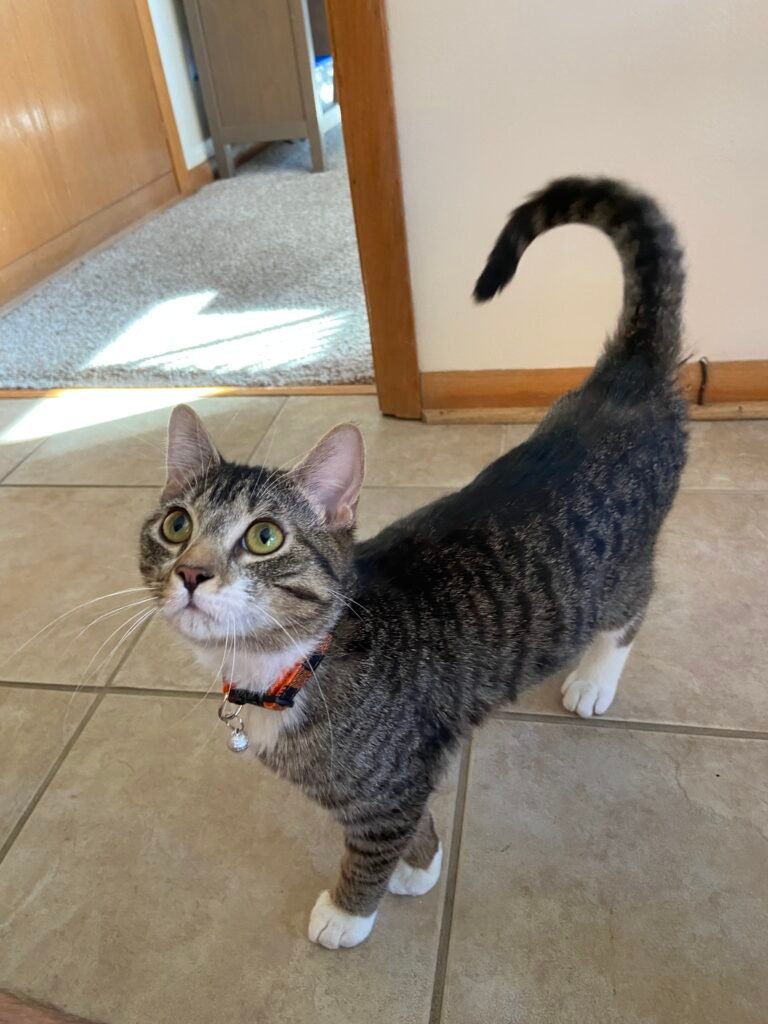
For cats, territory is everything. They often carve out their favorite spots in the home and may prefer to observe you from these places. By staying in their chosen area but keeping you in view, they’re blending comfort with companionship. This behavior is a sign of both independence and attachment. Cats mark their favorite places with their scent, and their presence in a room is a quiet invitation for you to join their world. When your cat hangs out across the room, they’re sharing their territory with you—a big step in feline terms.
Trust Built Over Time

Trust is a fragile thing for cats, especially those who have had difficult pasts. A cat that chooses to love you from a distance may be showing the ultimate gesture of faith. By staying nearby, even without physical contact, they’re saying, “I feel safe with you.” This kind of trust can take months or even years to build, especially in rescue or formerly feral cats. Every glance or quiet moment spent together is another brick in the foundation of your relationship. Remember, in the feline world, trust often speaks louder than cuddles.
Why Some Cats Prefer Distance
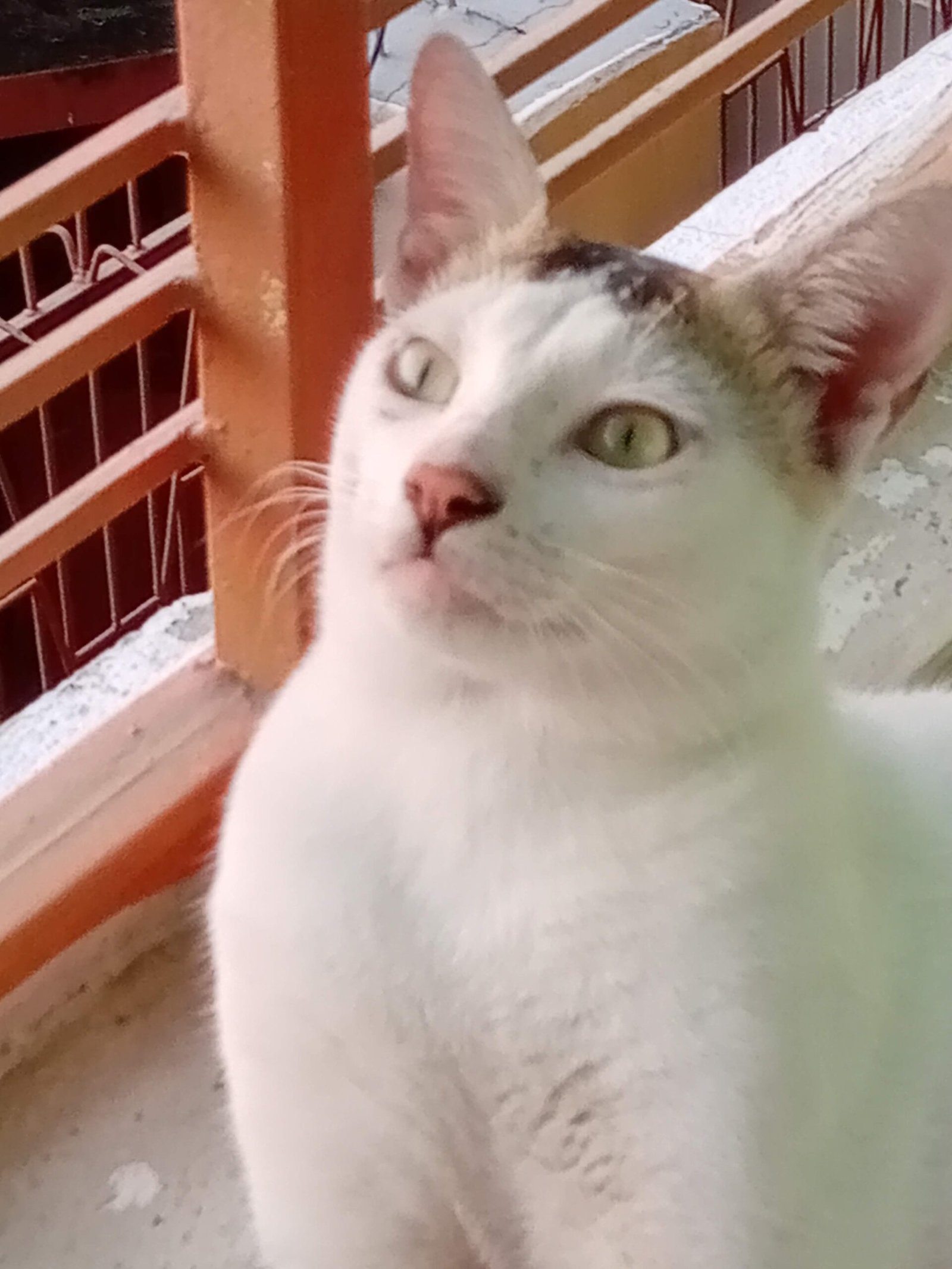
Some cats genuinely prefer having personal space. This isn’t a rejection—it’s a preference rooted in their instincts. Wild cats often keep their distance from one another to avoid conflict or competition. Domesticated cats retain some of these instincts. The desire for space can also be shaped by past experiences or health issues. If your cat lounges across the room but seems content, they’re likely expressing love in the way that feels right to them.
Recognizing Signs of Love
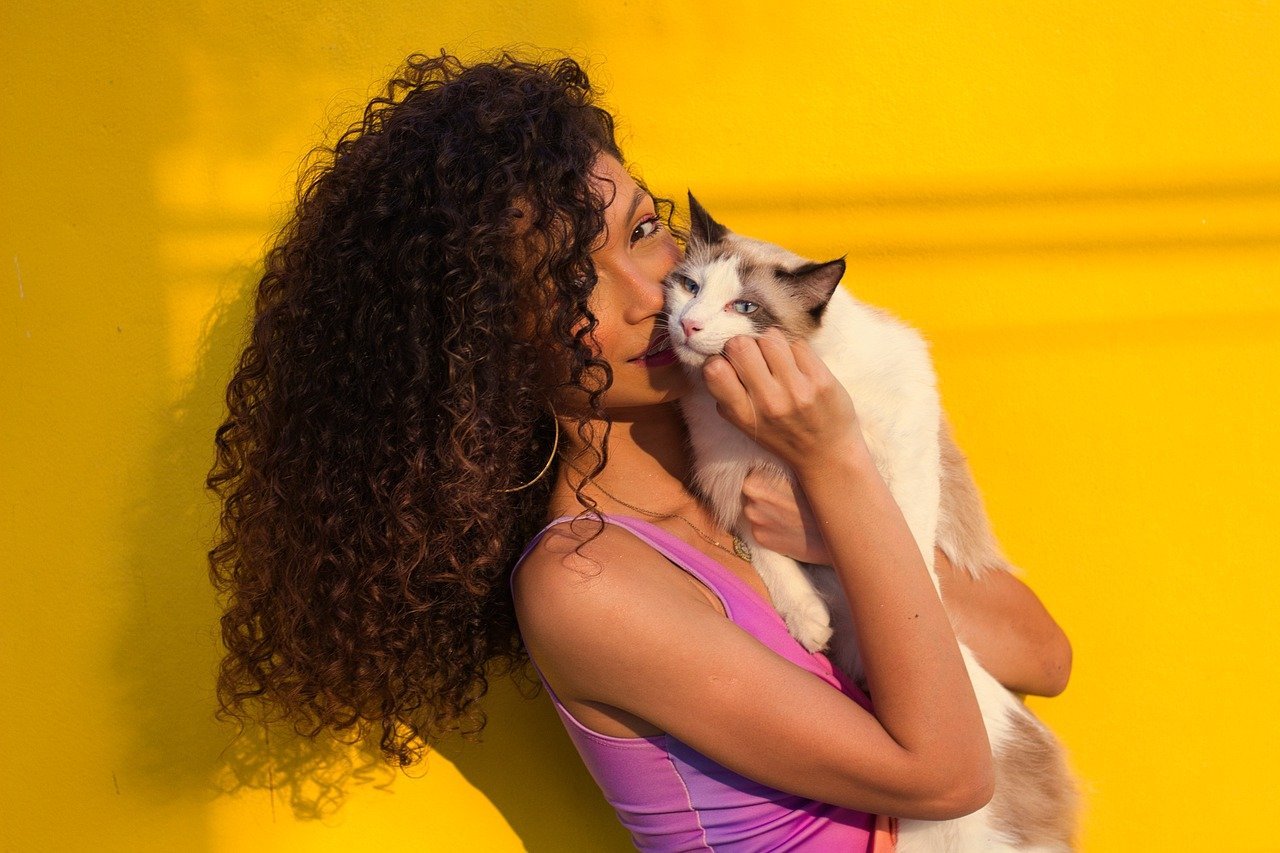
You might be surprised at how many ways a cat can say “I love you” from afar. Watch for slow blinks—this is the feline version of blowing you a kiss. If your cat exposes their belly or stretches out fully, they’re demonstrating trust and comfort. Another clue is if your cat follows you from room to room, keeping a respectful distance but never letting you out of their sight. These behaviors are all signs that your cat values your presence, even if they don’t need to be right on top of you.
The Role of Early Socialization
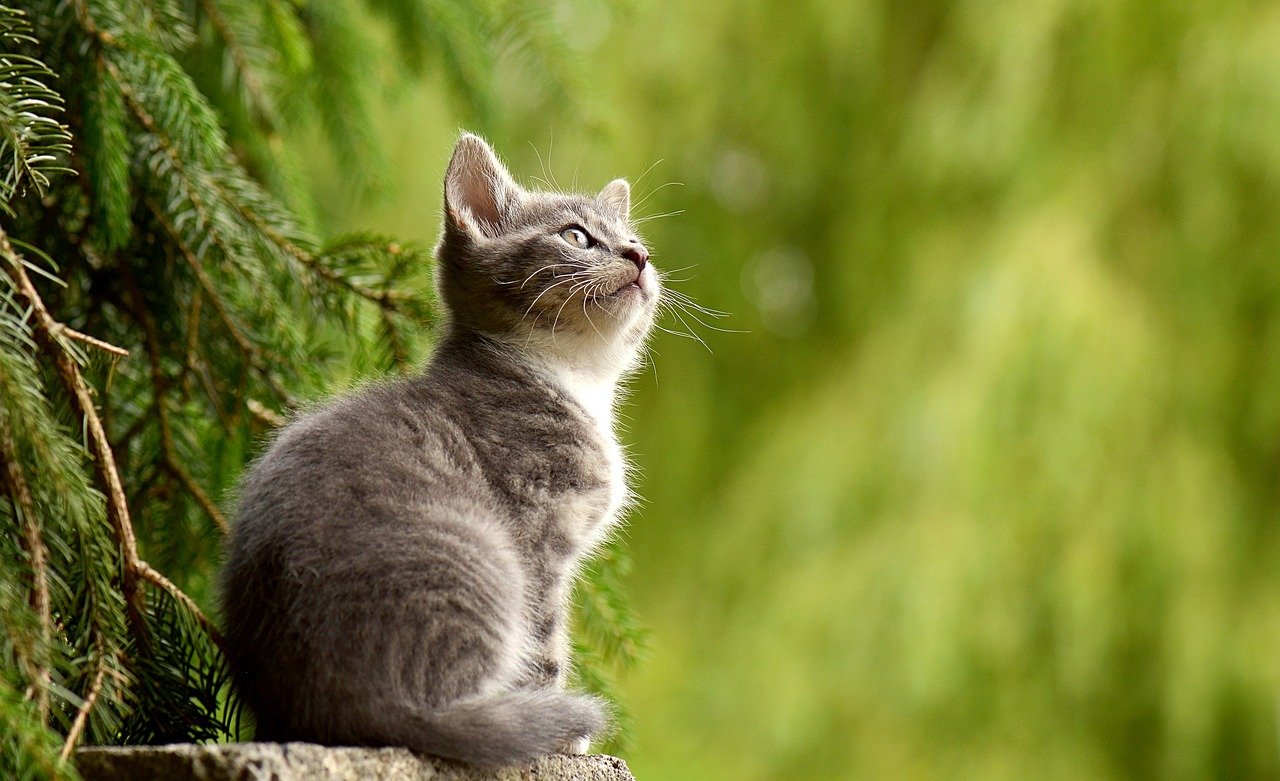
Kittens who are handled gently and exposed to people early in life often grow up to be more outgoing. But those who miss out on early social experiences might become more cautious as adults. If your cat was adopted as an adult or came from a less social environment, they might naturally gravitate toward loving you from a distance. This isn’t a problem—it’s just another flavor of feline affection. With patience and positive experiences, even the most reserved cats can become more comfortable over time.
How Environment Shapes Behavior
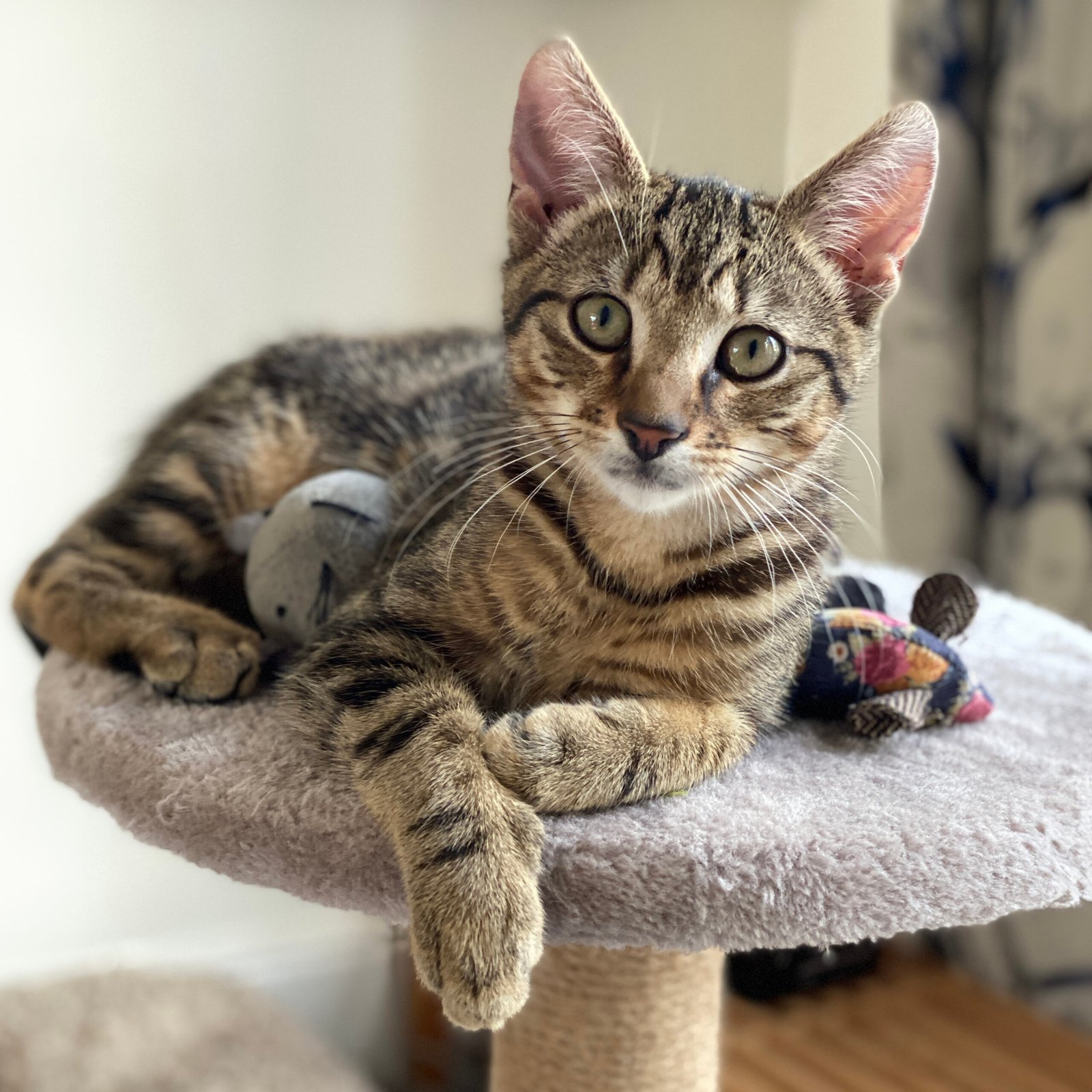
A cat’s environment can influence how they express love. In busy homes with lots of noise or unfamiliar people, a cat may feel safer observing from afar. Even changes like moving furniture or bringing in a new pet can affect their comfort level. Giving your cat safe, high places to perch—like cat trees or shelves—lets them feel included without feeling overwhelmed. Cats are more likely to express affection in ways that match their environment and comfort zone.
The Influence of Past Trauma
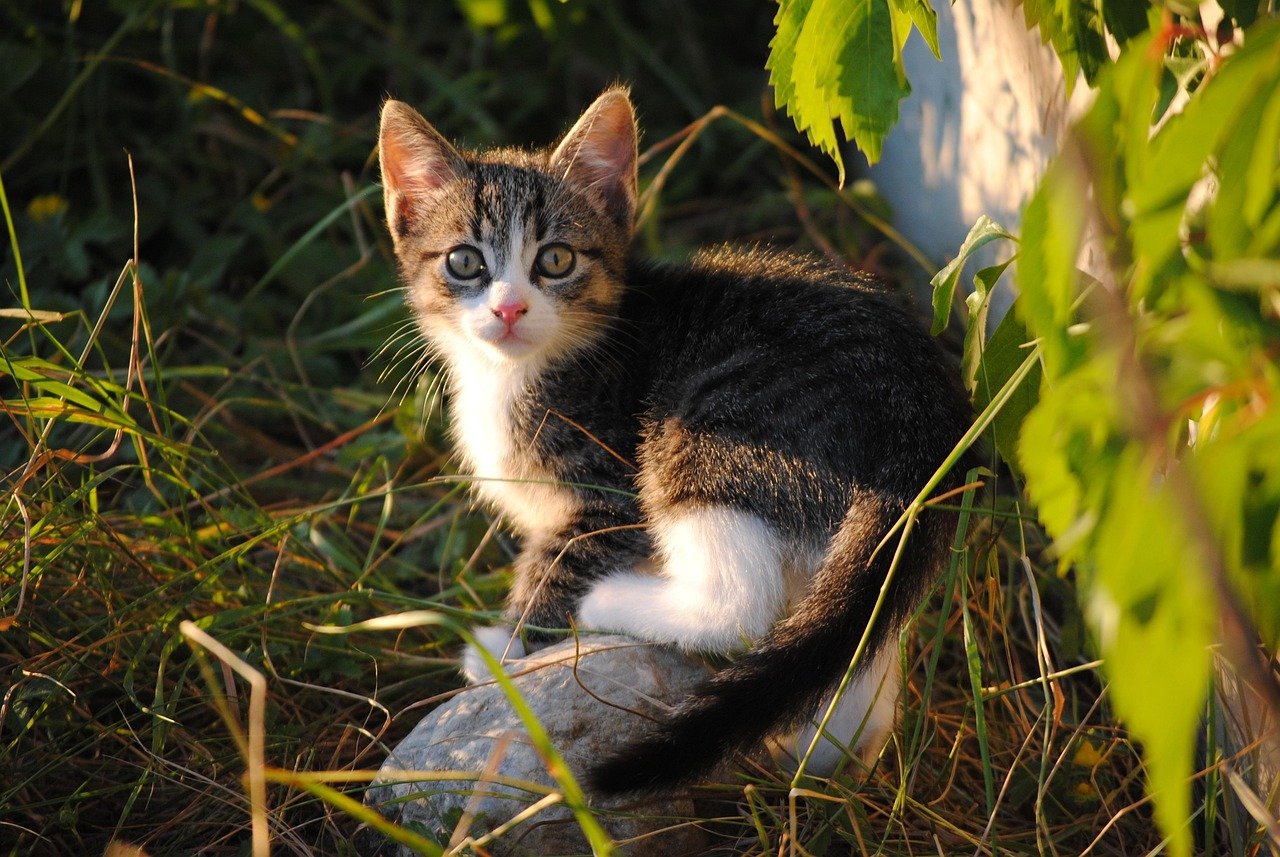
Some cats have histories that make them wary of close contact. Abuse, neglect, or even rough handling as kittens can leave lasting impressions. For these cats, loving you from across the room is a huge step. They might never be lap cats, but their presence is still a gift. If your cat has a painful past, patience and gentle routines can help them blossom in their own time. Celebrate every sign of trust, however small.
The Science Behind Cat Attachment
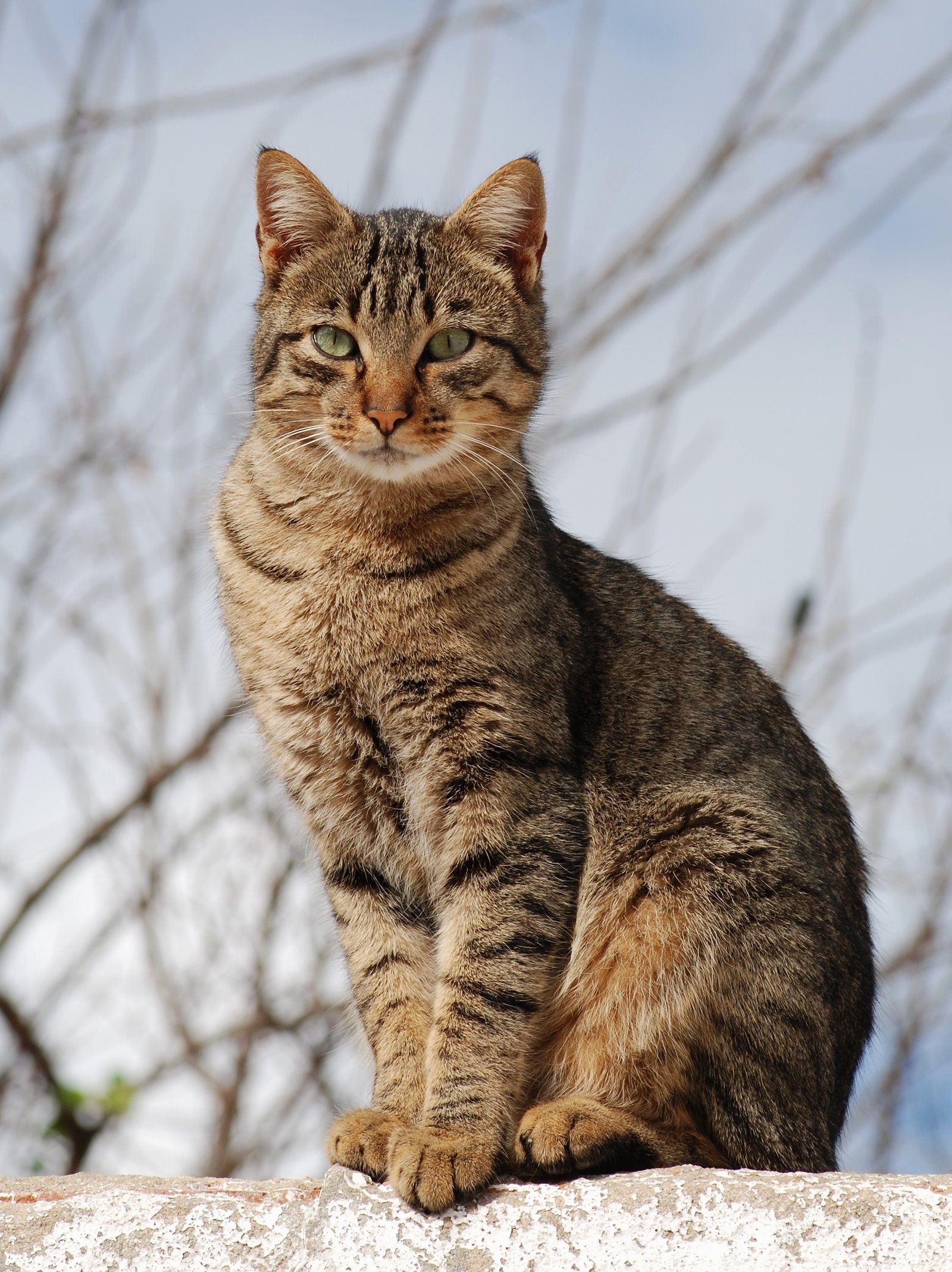
Recent research has shown that cats can form strong attachments to their humans—sometimes as deeply as dogs do. Cats may not always show this with wagging tails or wet kisses, but their attachment is real. Studies using heart rate monitors and observation reveal that cats can be soothed simply by knowing their person is nearby. When your cat hangs out across the room, it’s not indifference. It’s a quiet, steady form of loyalty.
Respecting Boundaries

Every relationship—human or feline—needs boundaries. Cats are especially sensitive to having their space respected. Forcing cuddles or chasing after them can erode trust. Instead, let your cat come to you when they’re ready. By respecting their need for space, you’re actually deepening your bond. The simple act of sharing a room, even from a distance, creates a foundation for real connection.
How to Encourage Closeness

If you wish your cat was more affectionate, there are gentle ways to encourage closeness. Try sitting quietly and letting your cat approach at their own pace. Offer treats or toys to create positive associations with being near you. Talk softly to them and use slow blinks—your cat will recognize this as a friendly gesture. Over time, your cat may feel confident enough to bridge the gap.
When Distance Means Discomfort

Sometimes, a cat’s distance isn’t about love—it’s about discomfort or stress. If your cat suddenly starts avoiding you, look for other signs like hiding, hissing, or changes in eating habits. Illness, pain, or environmental stressors can cause a cat to withdraw. Always consult a veterinarian if you suspect your cat’s behavior has changed due to health reasons. Paying attention to these clues helps keep your cat happy and healthy.
The Role of Routine
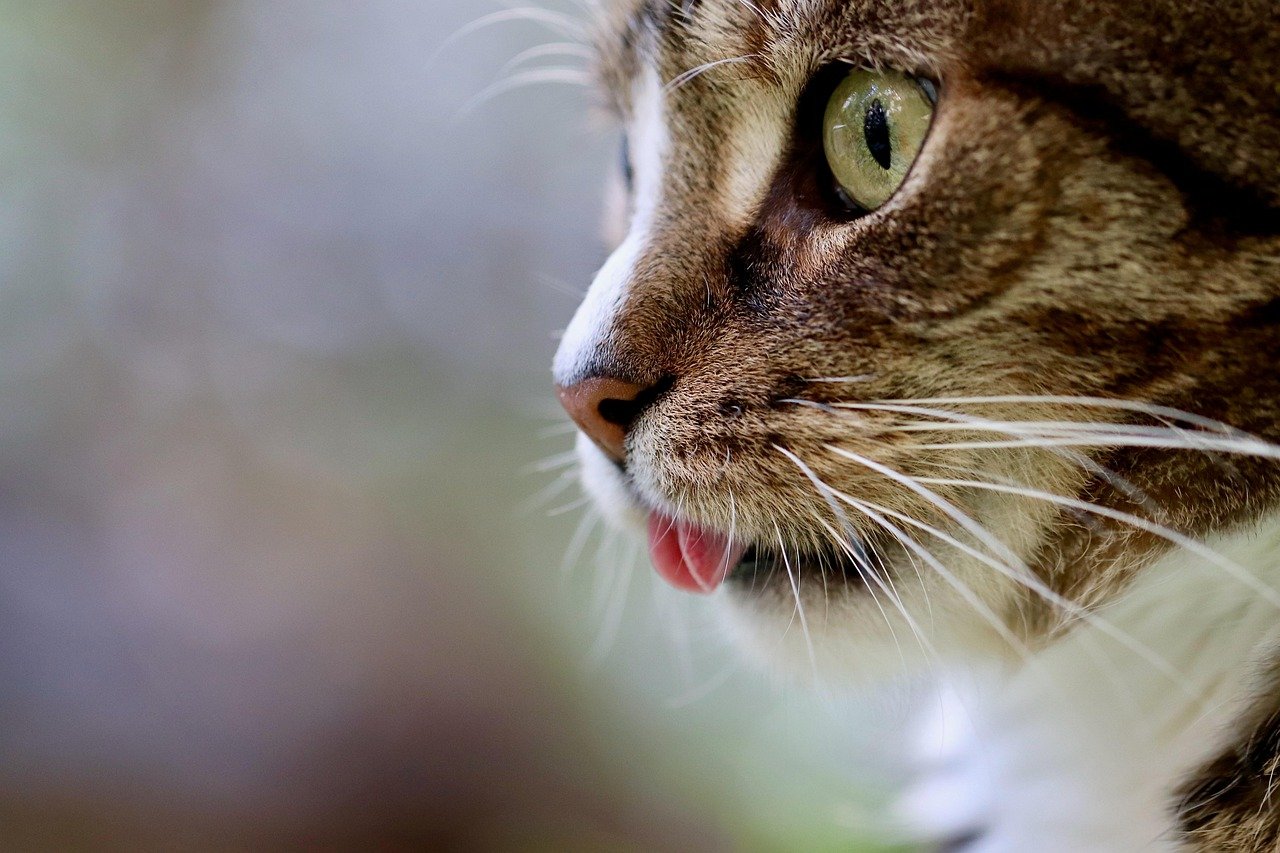
Cats love routine. Predictable schedules help them feel safe, and a cat who knows what to expect is more likely to show affection in their own way. Feeding times, play sessions, and quiet evenings together can all reinforce your bond. Even if your cat lounges across the room, they’re comforted by your reliable presence. Routines help turn your home into a safe haven for your feline friend.
Communication Through Play
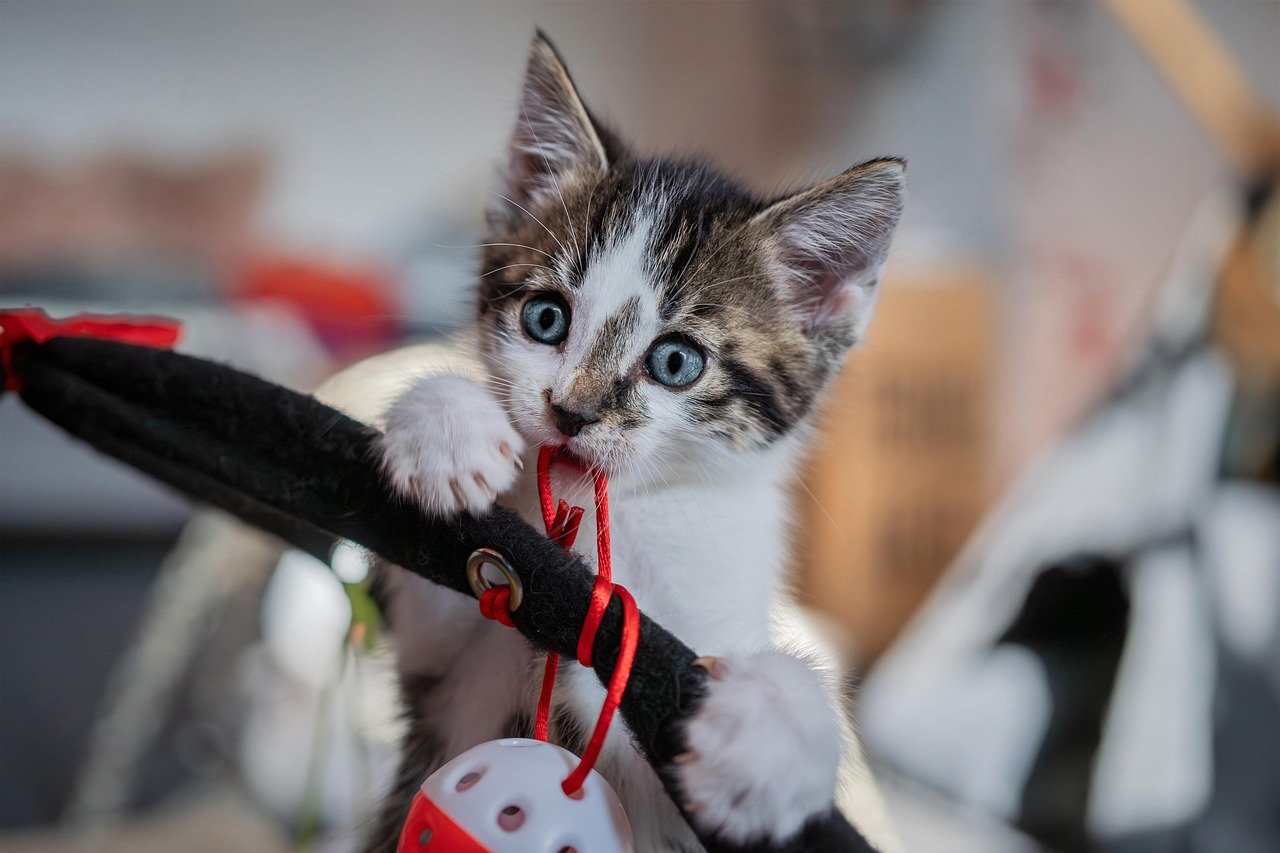
Playtime is a wonderful way to connect with a distant cat. Wand toys, laser pointers, and feather teasers allow your cat to engage with you without direct contact. Play builds trust, burns energy, and creates positive memories. Even the most reserved cats often can’t resist a good chase. When your cat plays with you from across the room, they’re sharing joy and companionship on their terms.
The Value of Eye Contact
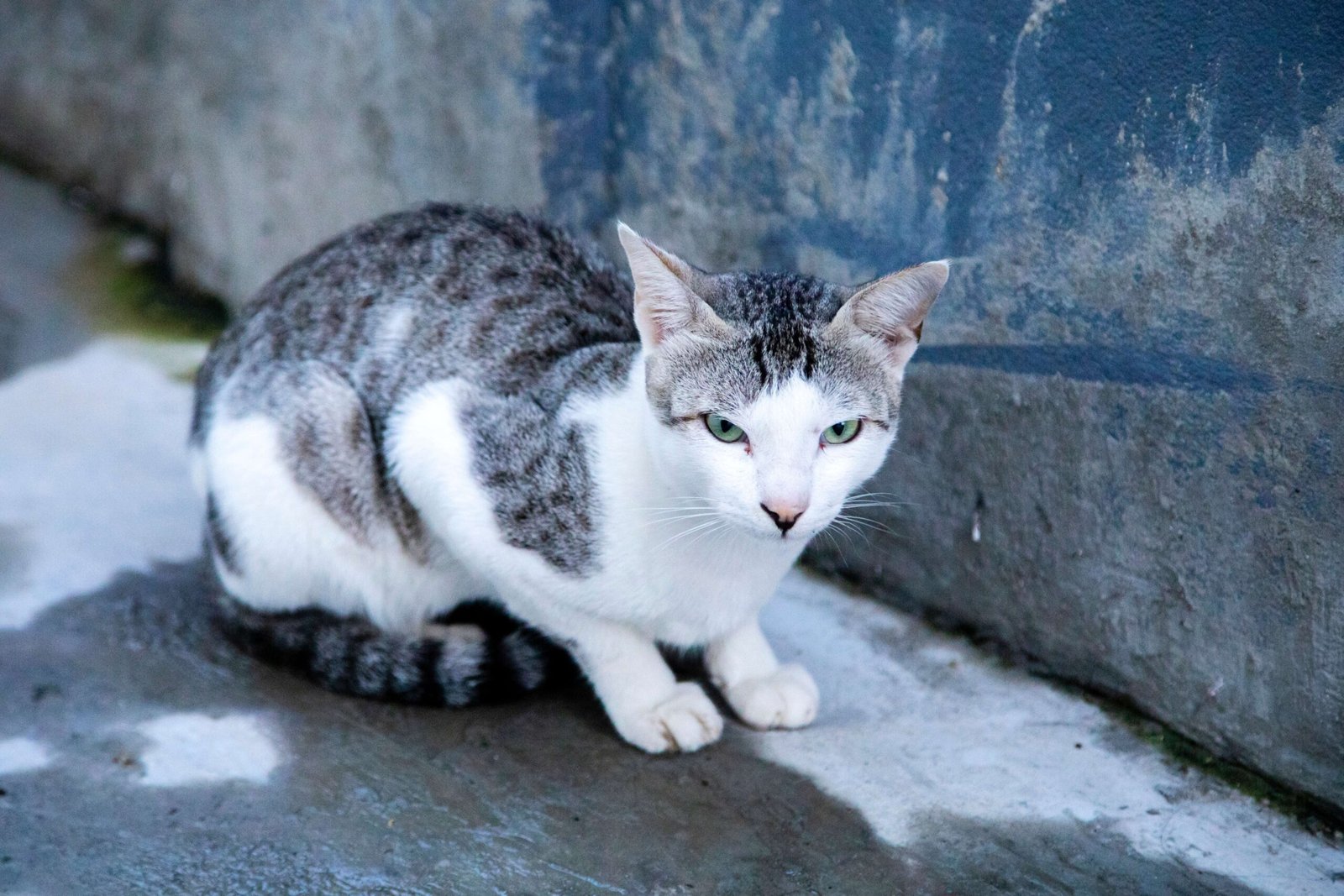
In the animal kingdom, eye contact can be a sign of trust or a challenge. With cats, a soft, slow blink is a gentle way to communicate affection. If your cat meets your gaze from across the room and blinks slowly, try returning the gesture. This silent conversation can deepen your bond and reassure your cat that you’re a friend. Even without words or touch, your cat is reaching out to you.
Feline Independence: A Blessing in Disguise

It’s easy to wish for a clingy, snuggly cat, but feline independence is something to celebrate. A cat who loves you from across the room is showing confidence and self-assurance. They don’t need constant reassurance—they’re content just to be near you. This balance of closeness and space is what makes cats so unique. Their love isn’t loud, but it’s always present, like a gentle heartbeat in the background of your life.
Bonding Through Shared Experiences
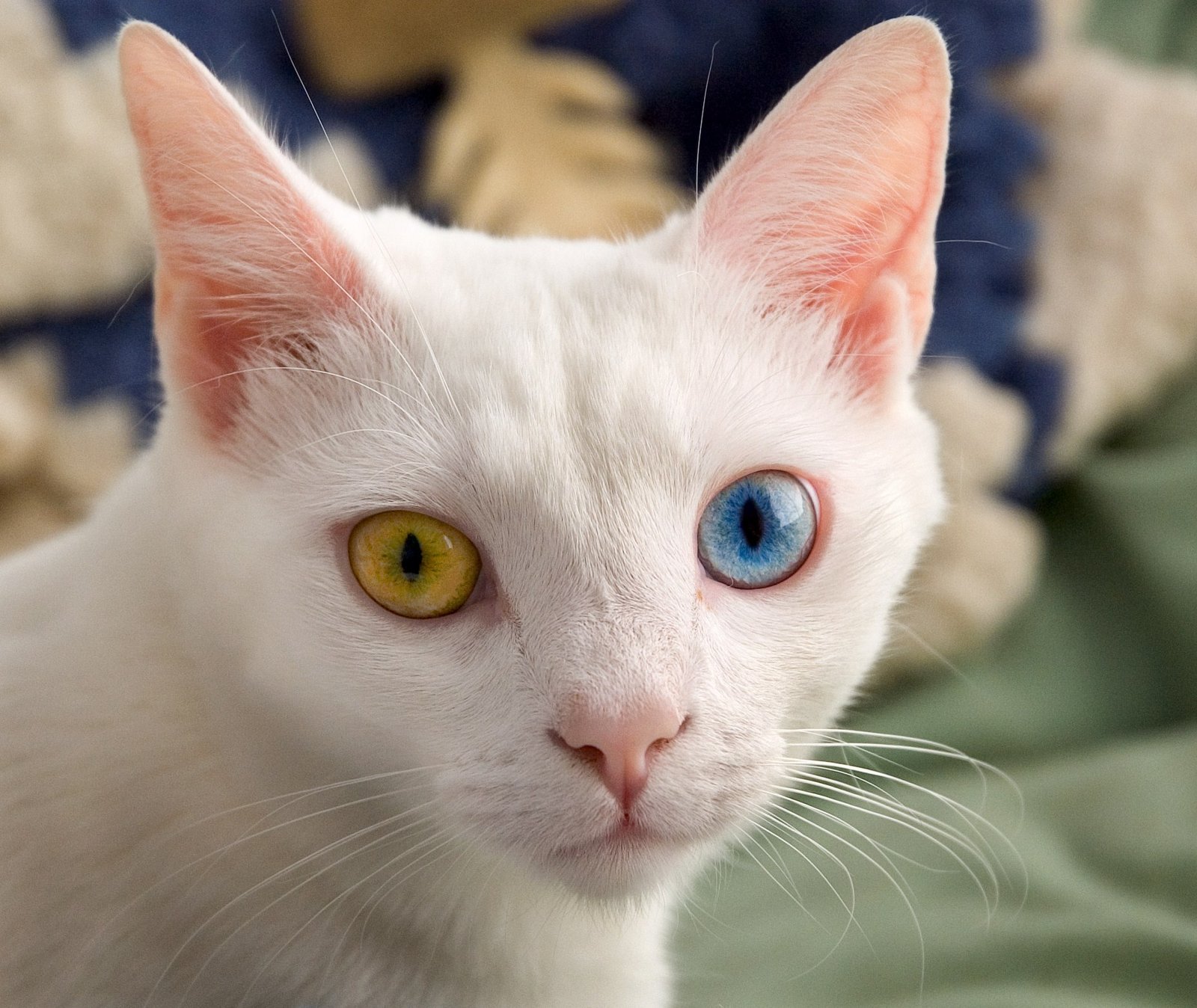
Sometimes, just sharing a room or a quiet moment is enough for a cat. Cats often gravitate to spaces where their favorite humans spend time. Reading a book, watching TV, or working on your laptop can all become bonding moments. Your cat may never jump into your lap, but by choosing to be in your presence, they’re building a bridge of trust and affection. These shared experiences create a sense of togetherness that doesn’t require words.
Celebrating the Quiet Love

Every cat is different, and every way of loving is valid. If your cat chooses to adore you from across the room, cherish it as their special way of saying, “You matter to me.” This quiet love is as deep and true as any snuggle or purr. Over time, you may find that your cat’s subtle gestures become some of your most treasured memories. In the gentle silence between you, a powerful bond is always growing.
Hi, I’m Bola, a passionate writer and creative strategist with a knack for crafting compelling content that educates, inspires, and connects. Over the years, I’ve honed my skills across various writing fields, including content creation, copywriting, online course development, and video scriptwriting.
When I’m not at my desk, you’ll find me exploring new ideas, reading books, or brainstorming creative ways to solve challenges. I believe that words have the power to transform, and I’m here to help you leverage that power for success.
Thanks for stopping by, Keep coming to this website to checkout new articles form me. You’d always love it!






